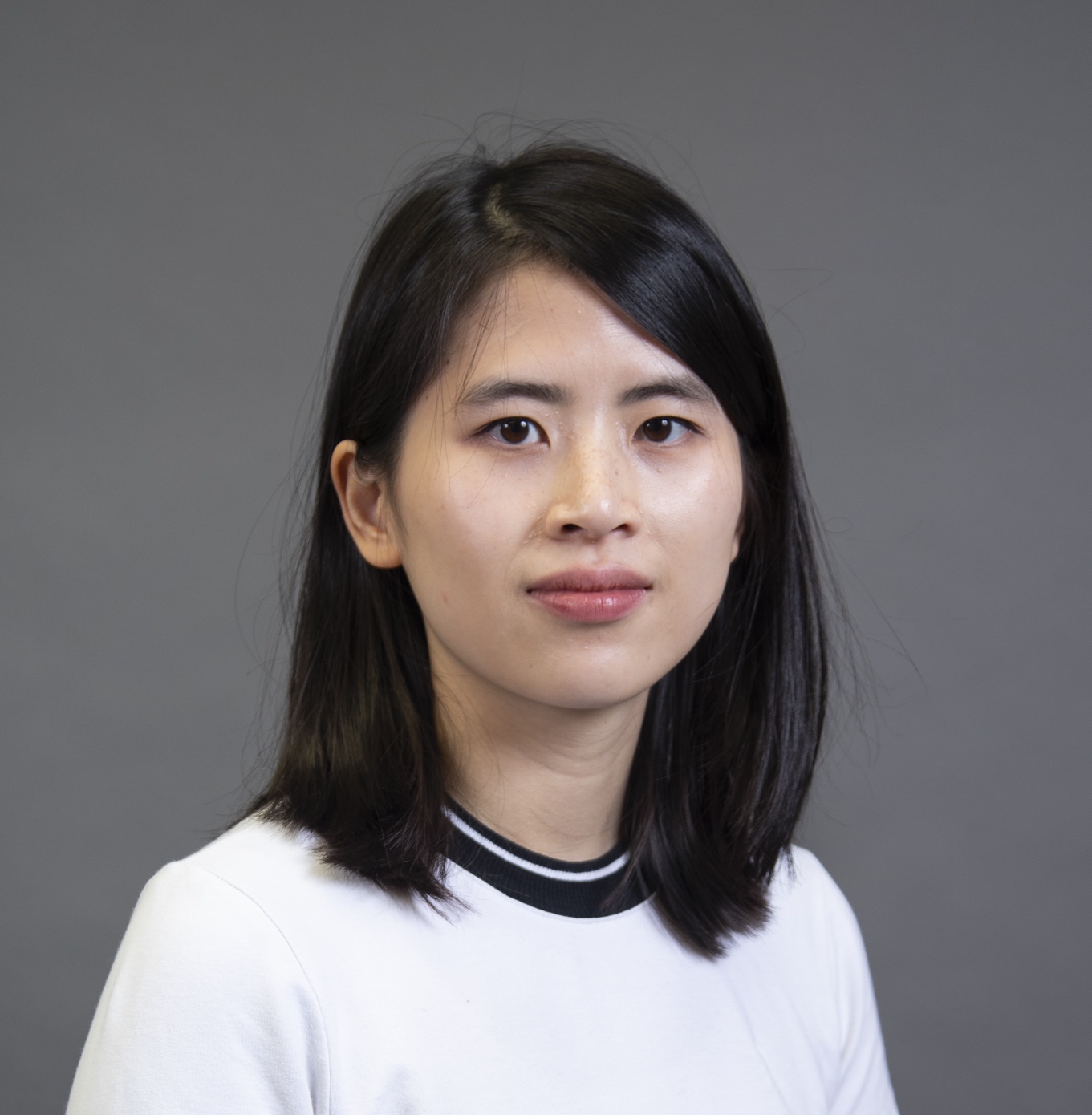
Biying Ling holds a PhD in Conceptual and Historical Studies of Sciences at the University of Chicago. In her dissertation "How ‘Quantity' Disappeared from Philosophies of Measurement: Perspectives from 19th century Sciences,” she researched the interaction between 19th century sciences and philosophy, particularly how 19th century thought and experimental sciences shaped the way the foundation of measurement was understood. More broadly, Ling studies the history of philosophy of science, experimentation, measurement, Hermann von Helmholtz, and 19th century sciences.
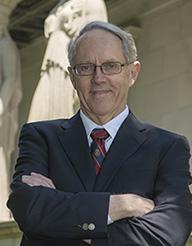
Stephen M. Stigler is interested in the history of statistics and probability, from the appearance of early concepts in gambling, astronomy, and geodesy, to the development of statistical methods in social science and biology, including the ways those methods have helped to shape core ideas in these sciences.
Read more about Professor Stigler here.
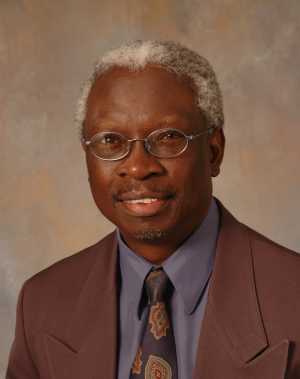
Dr. Mufwene currently works on language evolution, focusing on language speciation (including the emergence of creole language varieties, of African-American English, and of indigenized Englishes), on the phylogenetic emergence of language, and on colonization, globalization, and the vitality of languages (including language birth and death).
Read more about Professor Mufwene here.
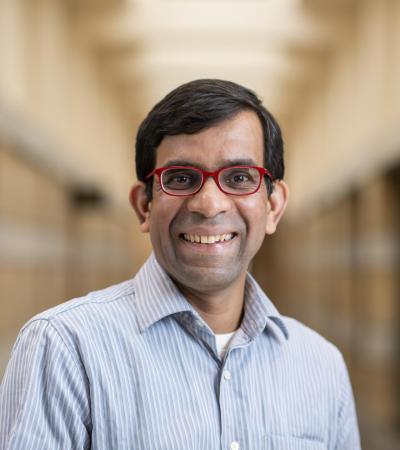
Professor Sunder Rajan's work lies at the intersection of Anthropology and Science and Technology Studies (STS), with commitments to social theories of capitalism and postcolonial studies. He seeks to understand the political economy of the contemporary life sciences and biomedicine, with a primary empirical focus on the United States and India.
Read more about Professor Sunder Rajan here.
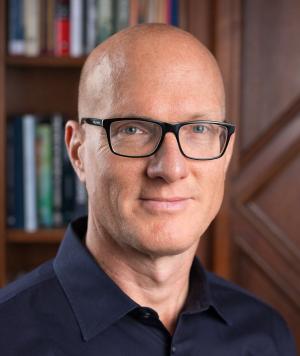
Professor Sparrow is an historian of modern US politics broadly construed, with special interests in the mutual constitution of social categories, democratic publics, and state formation. Read more about his research here.
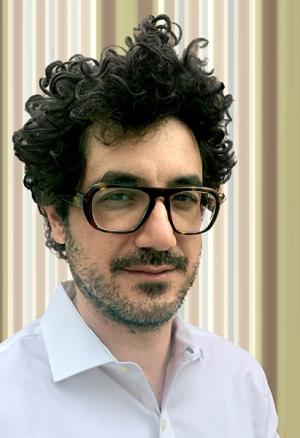
Professor Rossi is an historian of medicine and science in the United States from the nineteenth century to the present. His work focuses on the historical and cultural metaphysics of the body: how different people at different times understood questions of beauty, truth, falsehood, pain, pleasure, goodness, and reality vis-à-vis their corporeal selves and those of others.
Read more about Professor Rossi here.
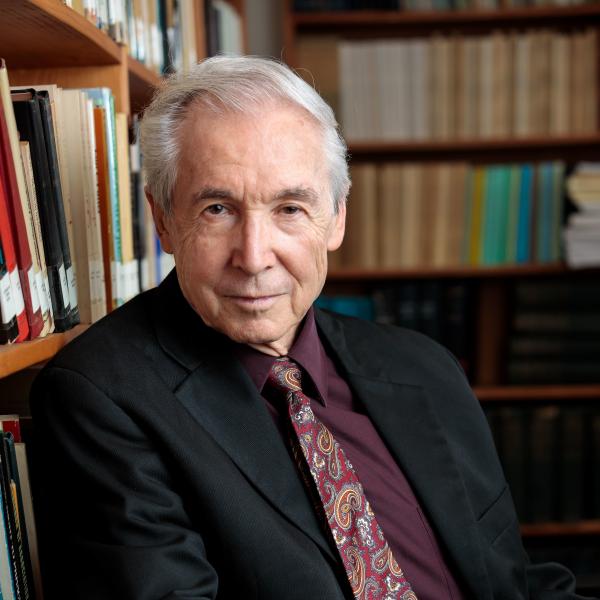
Professor Richards conducts research on history and philosophy of biology and psychology, as well as on German Romanticism. This includes particular interest in evolutionary biopsychology, ethology, and sociobiology.
Read more about Professor Richards here.
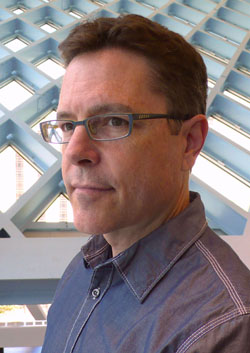
Working at the intersection of science studies, environmental studies, media studies, and social theory, Professor Masco's scholarship examines the material, affective, and conceptual effects of technological revolution. Read more about his work here.
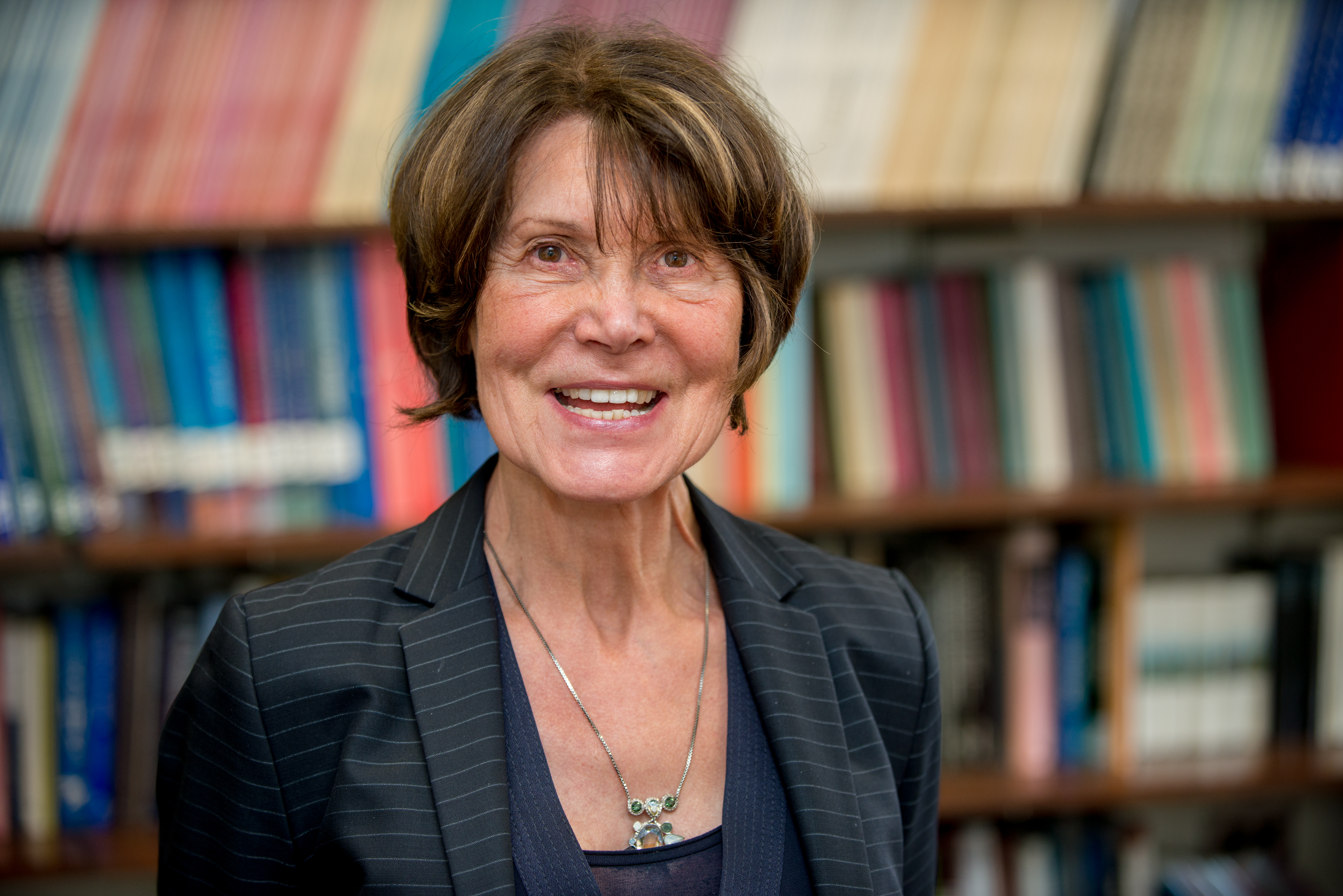
Professor Knorr Cetina is interested in financial markets, knowledge and information, as well as in globalization, theory and culture and continues to do research on the information architecture of financial markets, on their "global microstructures" (the global social and cultural form these markets take) and on trader markets in contrast to producer markets. She also studies globalization from a microsociological perspective, using an ethnographic approach, and she continues to be interested in "laboratory studies," the study of science, technology and information at the site of knowledge production - particularly in the life sciences and in particle physics.
Read more about Professor Knorr Cetina here.
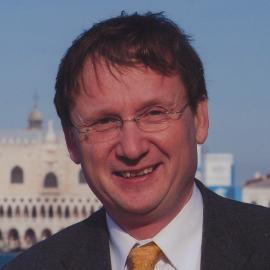
Professor John's field specialties include the history of science; British history; history of intellectual property; and history of the book and other media. Read more about his research here.
